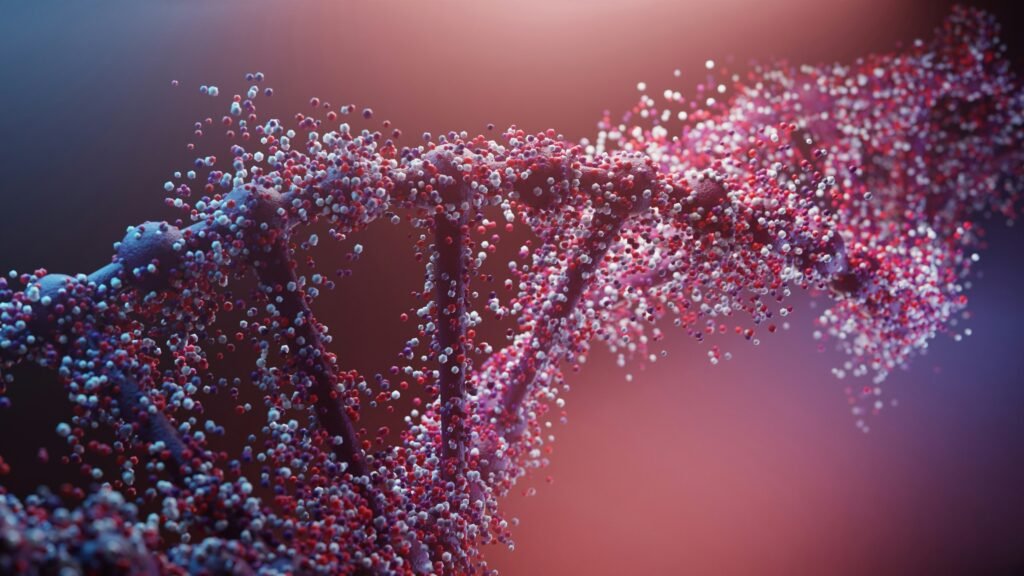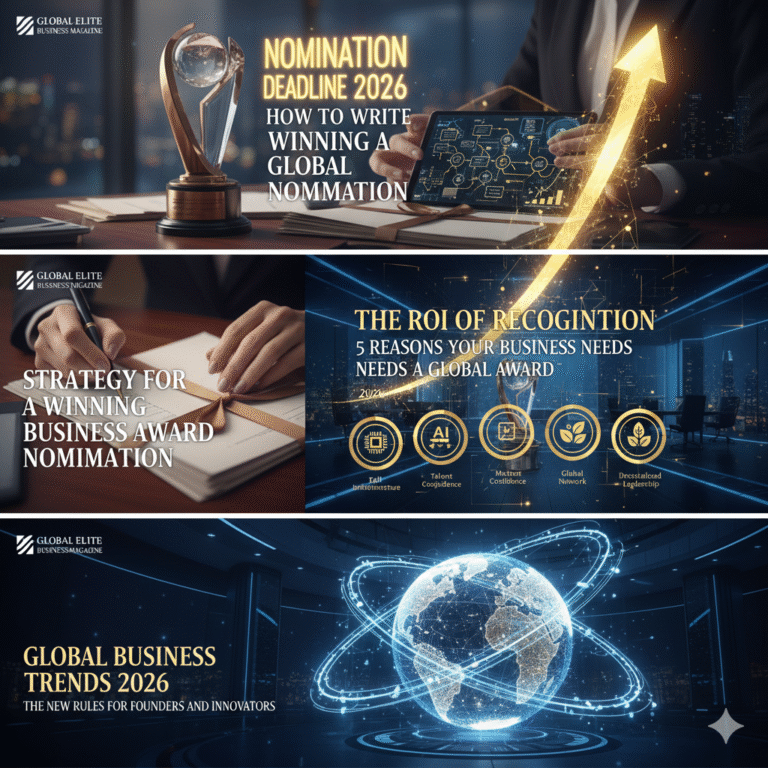
By Global Elite Business Magazine Staff
The global biotech industry is undergoing a structural transformation, driven by the integration of artificial intelligence (AI) into the core of drug discovery and development. In 2025, AI is no longer an emerging tool—it is a mission-critical platform for pharmaceutical innovation, clinical trial optimization, and personalized medicine delivery.
From Concept to Compound: Redefining Discovery Timelines
Traditional drug development is capital-intensive and slow, often taking up to 15 years and over $2 billion to bring a single compound to market. AI is accelerating this timeline by automating target identification, compound screening, and early-phase development. Tools like DeepMind’s AlphaFold, which predicted over 200 million protein structures, have revolutionized structural biology, enabling faster drug design at the molecular level.
Biotech companies such as Insilico Medicine and Exscientia now use generative AI to reduce the early discovery phase from years to under 18 months—setting new standards in efficiency and cost-effectiveness.
Preclinical Validation: Predictive Models Reduce Risk
Preclinical testing is being transformed by predictive AI models that simulate human biological responses. This includes:
- Predictive toxicology using machine learning algorithms
- Virtual screening of compound libraries across disease models
- AI-driven phenotyping for target validation
These capabilities significantly reduce downstream failure rates, saving millions in clinical costs and improving R&D ROI.
AI-Driven Clinical Trials and Digital Twin Technology
Clinical trials are increasingly powered by AI systems that enable real-time data analysis and adaptive trial designs. Platforms like Unlearn.AI use digital twin models to create synthetic control groups, reducing reliance on placebo arms and enabling faster regulatory approval pathways.
By enhancing trial precision and enabling patient stratification based on biomarkers and genomics, AI is laying the foundation for scalable personalized medicine.
Industry Partnerships and Regulatory Momentum
In response to this paradigm shift, major pharmaceutical companies—including Pfizer, Novartis, and Sanofi—have formalized partnerships with AI labs, machine learning platforms, and healthtech startups to expand computational drug discovery capabilities.
Regulatory bodies are adapting. In 2025, the U.S. FDA issued draft guidance on the use of AI and machine learning in drug development, requiring model transparency, reproducibility, and explainability for AI-assisted applications.
Market Trends and Investment Outlook
The AI-biotech sector attracted over $6.2 billion in venture capital funding in 2024, according to CB Insights. Investors are increasingly targeting:
- Generative AI for de novo drug design
- AI-powered disease diagnostics and biomarker discovery
- Cloud-based platforms for decentralized trials
Market analysts forecast the global AI in drug discovery market to surpass $12 billion by 2028, driven by a surge in computational capabilities, cloud infrastructure adoption, and precision medicine initiatives.
Ethical Governance and Data Security
With growing reliance on AI, ethical considerations and data governance frameworks are gaining attention. Questions around algorithmic bias, data ownership, and AI accountability are now central to biotech compliance strategies.
Governments and institutional review boards are introducing AI-specific governance layers, especially concerning patient data used in training models.
Conclusion
Artificial intelligence is not just supporting the biotech industry—it is becoming its core infrastructure. From molecular discovery to clinical validation, AI is driving a new era of innovation marked by reduced costs, faster development timelines, and more precise therapeutics. For life sciences leaders, integrating AI into every layer of drug discovery is no longer optional—it is essential for global competitiveness and scientific relevance.





